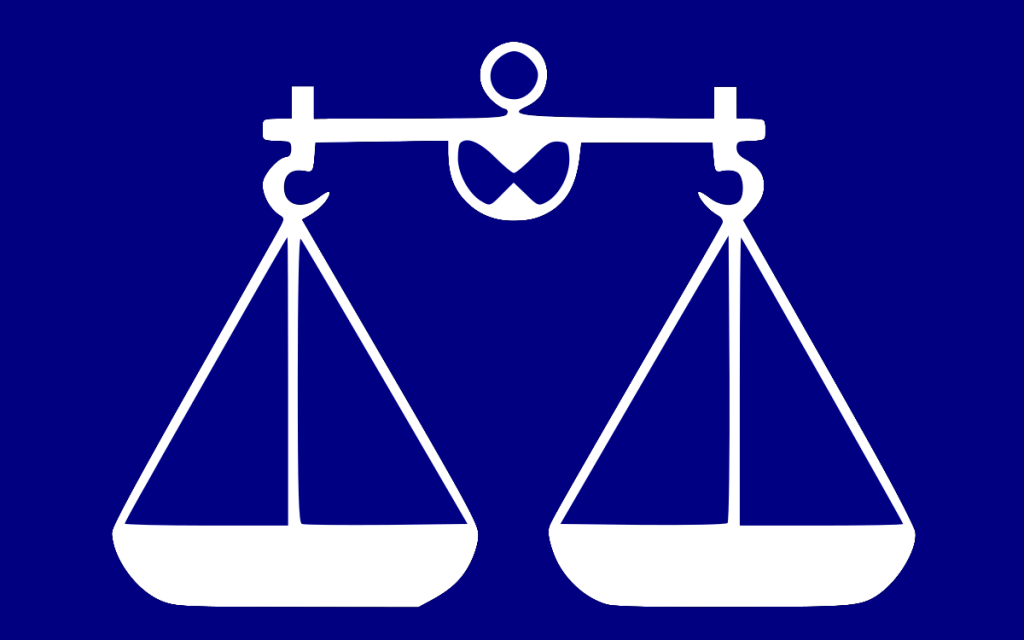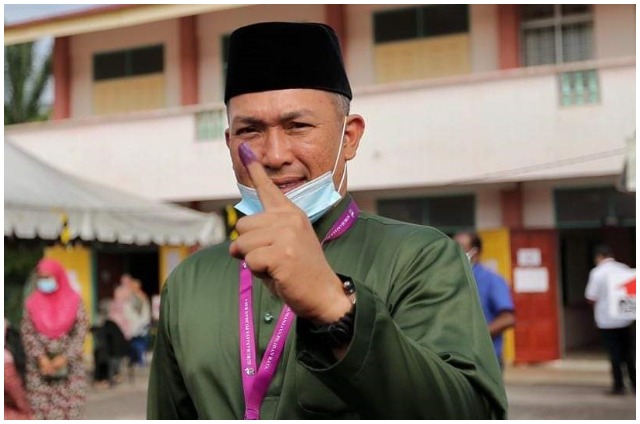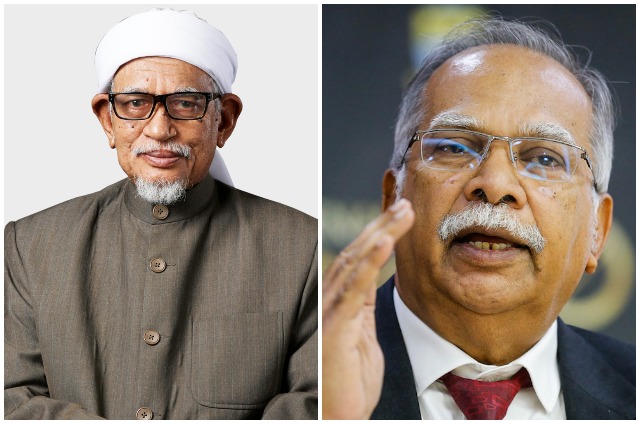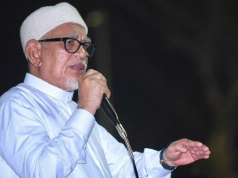

A lecturer at the Center for Policy Research and International Studies, Universiti Sains Malaysia (USM), Dr Ainul Adzellie Hasnul opined that the increase in the BN’s majority vote was due to support from PAS voters and voters staying outside Chini returning home to vote.
“It is driven by the effectiveness of the BN-PAS machinery, which is united and work systematically and as a team under the Muafakat Nasional (MN) cooperation. In fact, several MCA and MIC leaders who went to help in the campaign is proof that the BN components are willing to accept PAS in the Muafakat Nasional.
“So the Chini by-election is among the best examples of cooperation translated between the two biggest Malay political parties, and also the sixth win (in by-elections) involving the MN cooperation,” he told Bernama.


The result also saw the two independent candidates losing their deposits for securing less than one-eighth of the total votes, as anticipated by the Chini by-election operations director Datuk Seri Najib Tun Razak.
Mohd Sharim, a second-generation Felda Chini 3, also managed to increase the majority obtained by incumbent Datuk Seri Abu Bakar Harun who garnered 10,027 votes (4,622 majority) in the 14th general election (14th general election).
The by-election was called following Abu Bakar’s death at Kuala Lumpur Hospital due to a heart attack on May 7. Abu Bakar was Chini state assemblyman since the 11th general election in 2004.
However, Ainul Adzellie said Mohd Sharim’s victory in the by-election was not a sign that the BN was getting stronger, but the strategy and approach used by PAS to win the voters’ support, especially with the challenges in conducting campaign under the new normal, were effective.


Meanwhile, Director of the Center for Media and Information Warfare Studies, Faculty of Communication and Media Studies, Universiti Teknologi MARA (UiTM), Associate Professor Datuk Dr Ismail Sualman said BN’s cooperation in MN and PN had proven fruitful with the huge victory recorded in the by-election.
However, he said the winning party should not be too confident with the cooperation formula by MN and PN as it had not been fully tested.
“The BN cooperation through the MN and PN coalition for the by-election was against Independent candidates and not its actual political opponent.
“The strategy by MN and PN for this by-election is good, but the weakness of the machinery of the Independent candidates in various aspects also need to be taken into account,” he added.
Pakatan Harapan (PH) did not field its candidate in the by-election.
Ismail said the winning formula could be continued for the 15th general election, but the support of BN component parties for MN and PN should also be looked into.
— BERNAMA









